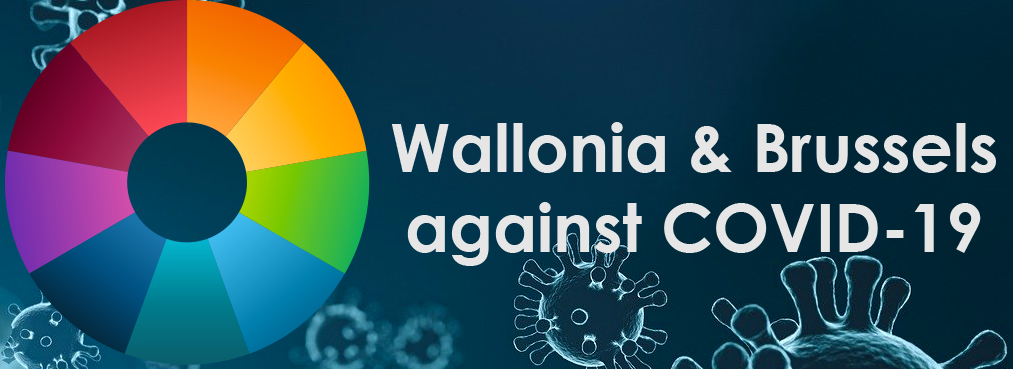Jérôme Schruyers, Researcher - Alexandre Léonard, Research logistician - Carlos Mendoza, Postdoc - Cédric Wolfs, PhD student- Vaios Stergiopoulos, Postdoc - Stéphanie Lambert, FNRS Senior Research Associate, Deputy Associate Professor - Fabien Deschamps,
Chemical Engineering ULiège & CRM Group - FNRS
" The Chemical Engineering Department of the Faculty of Applied Sciences of the University of Liège has been producing protective visors by 3D printing since April 4 and provides various hospital services (CHU, Citadelle, Bois de l'Abbaye), rest homes, associations and health care practices. A team of members of the Department has been set up to ensure 24-hour production, which means that up to 90 visors can now be produced per day depending on demand. As the days go by, production optimization continues to lighten components, produce faster and reduce the amount of raw material needed. The Department also receives visor supports produced by 3D printing by people from the Metallurgical Research Centre (CRM), a privileged partner of the Faculty, in order to equip them with plastic sheets to produce visors. This equipment is then distributed with the rest of the production from Chemical Engineering. The milestone of 1000 visors...


